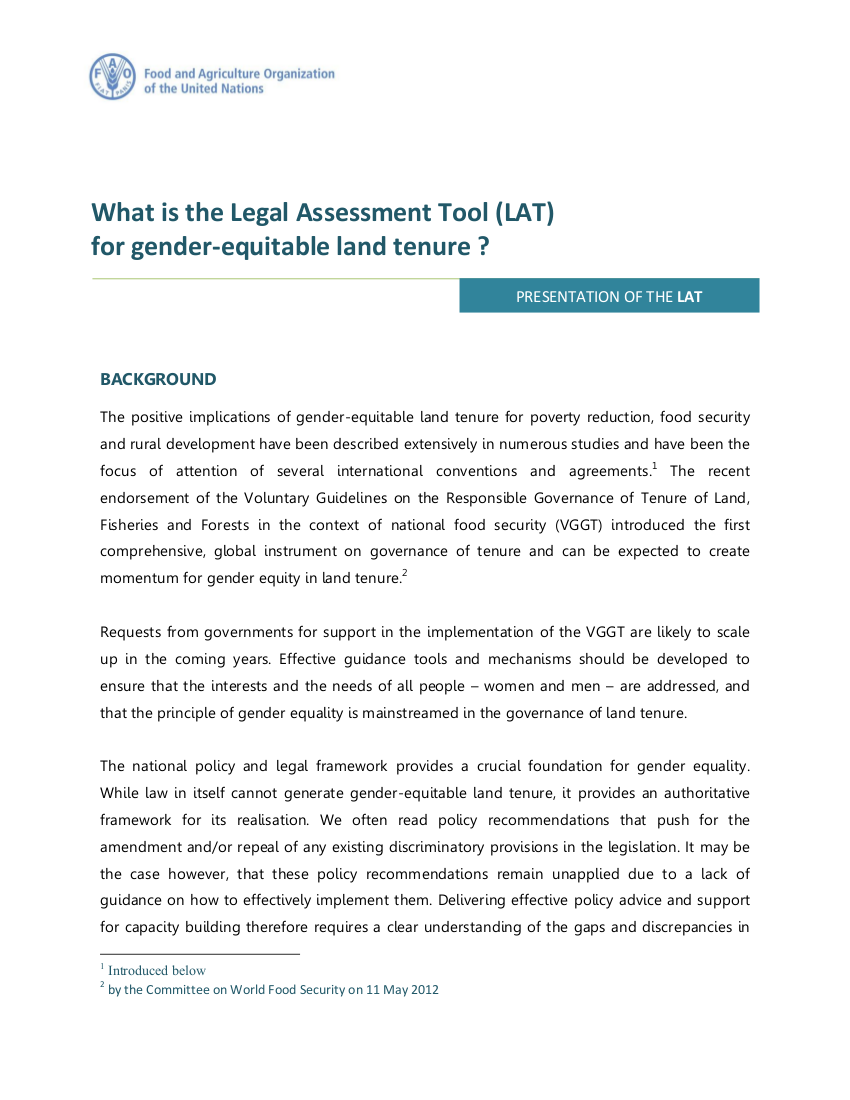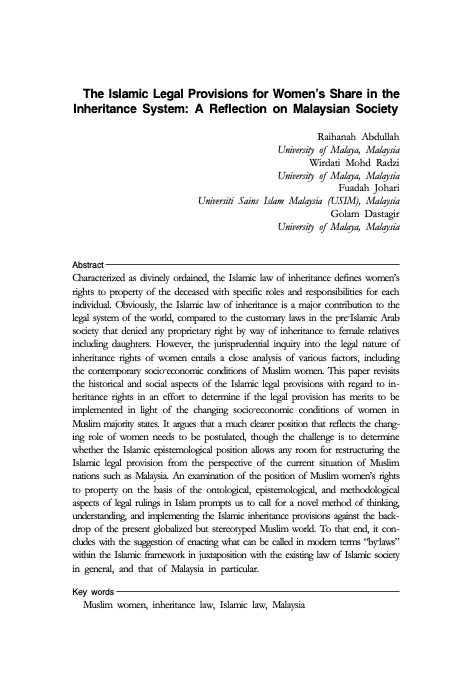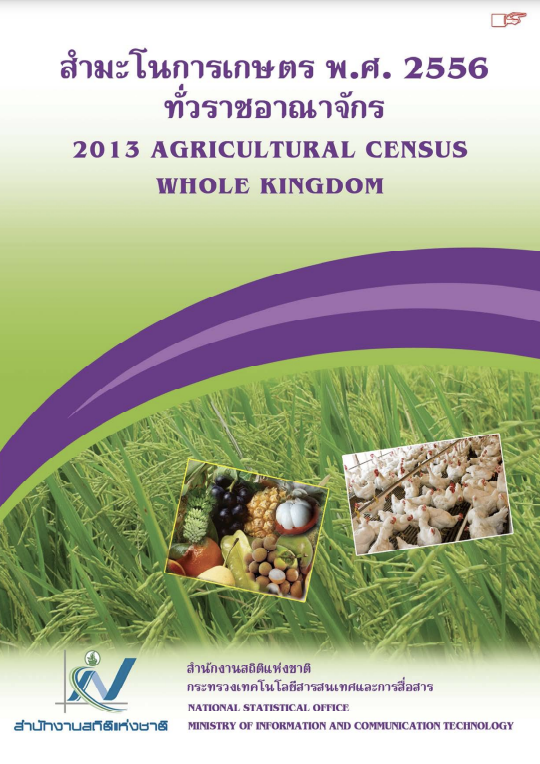Industria Extractiva e as Comunidades Locais
Um clima de agitação, ansiedade e incerteza, suscepơvel de levar a sérias tensões sociais, tem estado a crescer junto das comunidades do Distrito de Palma, nomeadamente da Vila-Sede e povoações circunvizinhas.









